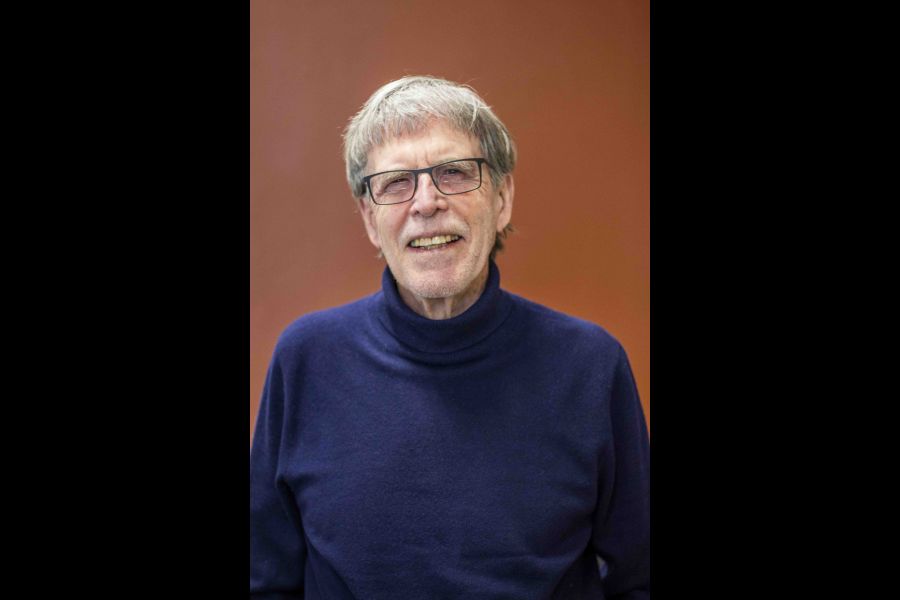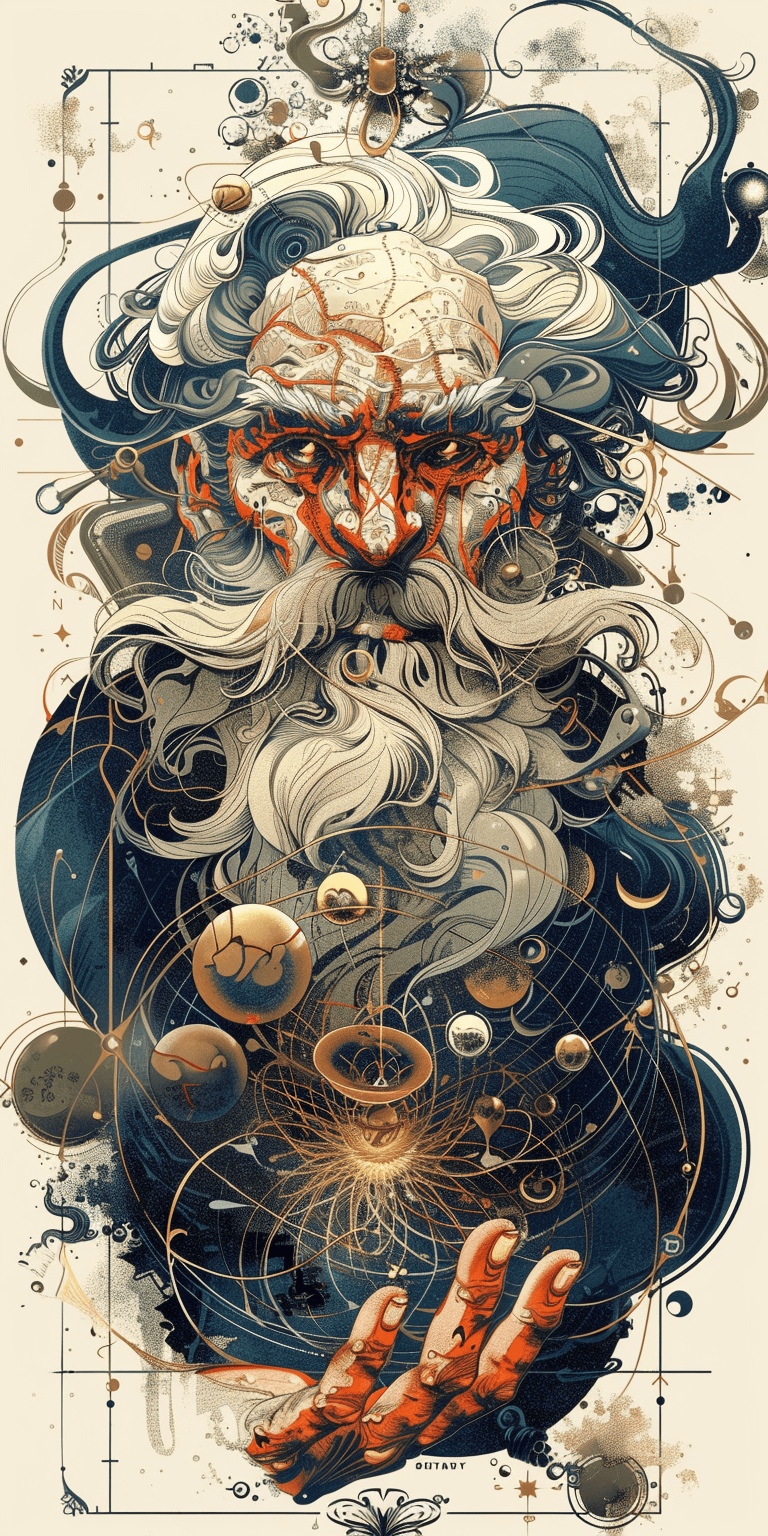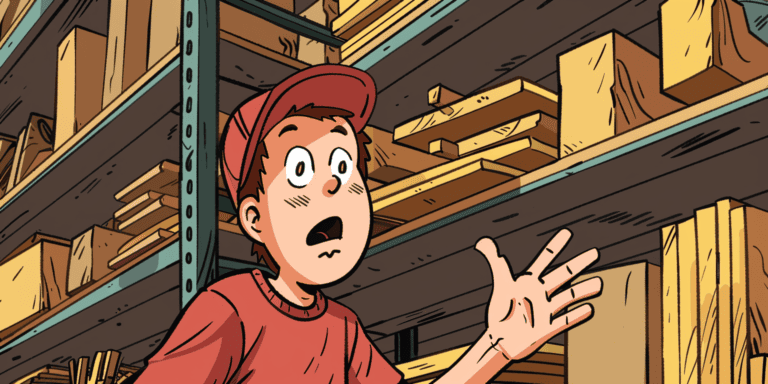The first Nobel Prizes were awarded in 1901 with occasional years off during the two world wars.
The enterprise began with wealthy Swedish industrialist Alfred Nobel, an engineer by training, perhaps more famous or reviled by some, for his invention of dynamite.
Using his fortune, Nobel set forth the objectives and ground rules for establishing Nobel Prizes in physics, chemistry and medicine/physiology, literature and the peace prize.
A late comer, the economics prize, was created in 1968 by a donation from the Swedish central bank to the Nobel foundation, in honour of Alfred Nobel.
In the first half of the 20th century most of the winners were Europeans. The Camelot period in physics, as I liken it, between 1900 and 1930, was revolutionary.
In that short span, the existence of the atom was finally firmly established, the quantal nature of light and more broadly, energy was proven. And the whole new field of subatomic physics was created, called quantum physics or mechanics.
The same period ushered in general relativity, an entirely new way to look at gravity, energy and the universe thanks to Albert Einstein.
Most of the early discoveries in physics were made by Europeans. The same was true for chemistry, which was especially strong in Germany in the late 1800s through the Second World War.
The Nobel prizes have their critics. For example, the science awards appear to leave out mathematics and the engineering sciences. In practice, however, both are recognized. Roger Penrose was awarded a half share of the Nobel for physics in 2020 for his mathematical analysis of black holes.
The other half of that prize was shared by two large experimental research groups, one led by Andrea Ghez and the other by Reinhard Genzel, for compelling evidence that a gigantic black hole exists at the centre of the Milky Way.
Direct evidence for that black hole was shown last year using the Event Horizon Telescope, itself an amazing engineering triumph.
Recognizing the importance of the engineering sciences in physics and chemistry is implicit in the awards. Frankly, these days it is manifestly impossible to carry out major astrophysical studies without the engineering sciences.
Expertise in them is as necessary as the astrophysical sciences in uncovering the mysteries of the earliest universe, black holes and the tiniest particles. If the Nobel committee were to expand the prizes, surely engineering should be included.
One other criticism of Nobel awards is the exclusion of posthumous awards. That certainly applies to Stephen Hawking, who died before the award to Roger Penrose in 2020. Or what about Henrietta Leavitt, who died before the Nobel committee, working by the rules, could award her a Nobel for her studies showing how distances to faraway variable stars could be measured by their relative luminosities.
Some prizes have been awarded as much as 50 years after the work was done, such as Syukuro Manabe last year whose climate model studies were done in the 1960s. He shared the Nobel in physics with Klaus Hasselmann and Giorgio Parisi (another mathematician) both of similar age and all lucky enough to still be alive.
There are other shortcomings in the Nobel Prizes, instances of chauvinism, culturism and simple dumb mistakes. Overall, however the Nobel committees do an excellent job in the sciences – not so much for the economics, peace and literature prizes. Those are other stories.
All this is to twig your interest in Niagara-on-the-Lake’s Sixth Annual Nobel Series, celebrating this year’s awards. This fall, the presentations will be in-person at the NOTL Public Library for the first time in three years. The sessions also will be recorded for YouTube.
The series begins on Wednesday, Nov. 2, at 2 p.m. and run weekly thereafter. Physics leads off, then chemistry, medicine/physiology, economics, the peace and finally the literature prizes. As with the last three years, I cover the science prizes, David Elkins the economics and peace prizes, and Valmai Elkins finishes the series with the literature winner.
We hope to see you. Please register with the library beforehand.
Dr. William Brown is a professor of neurology at McMaster University and co-founder of the InfoHealth series at the Niagara-on-the-Lake Public Library.









